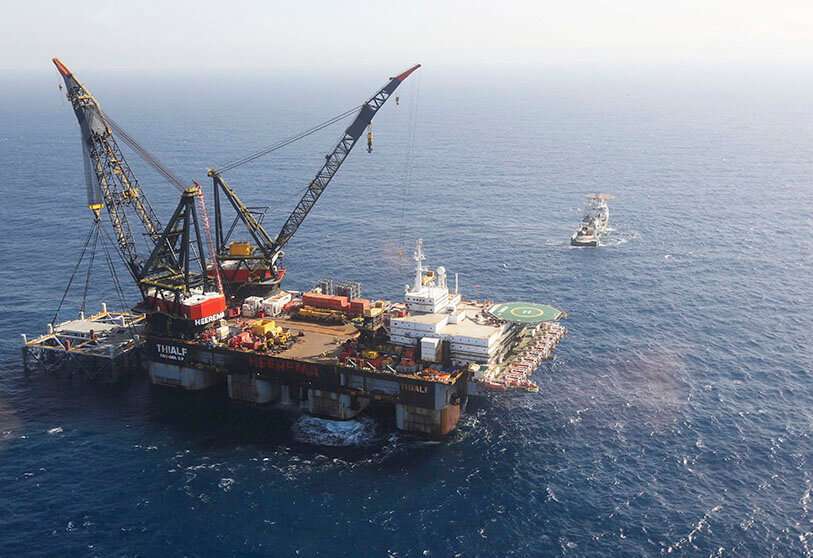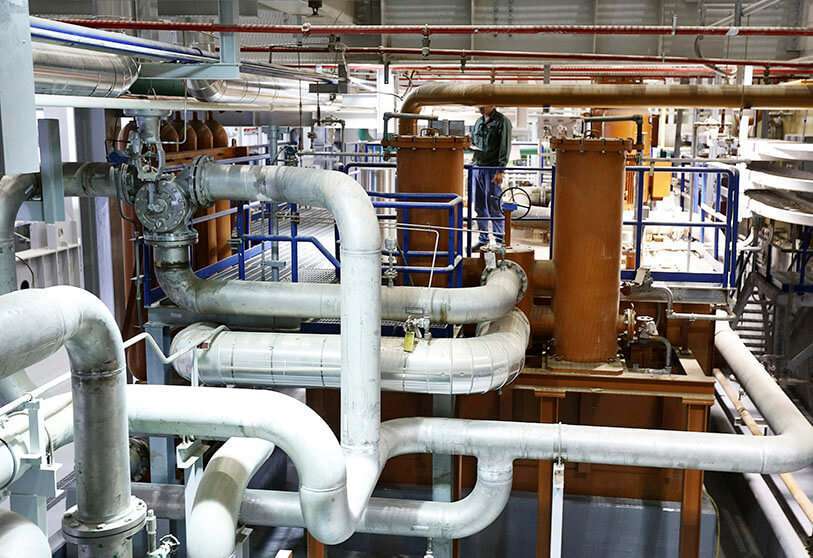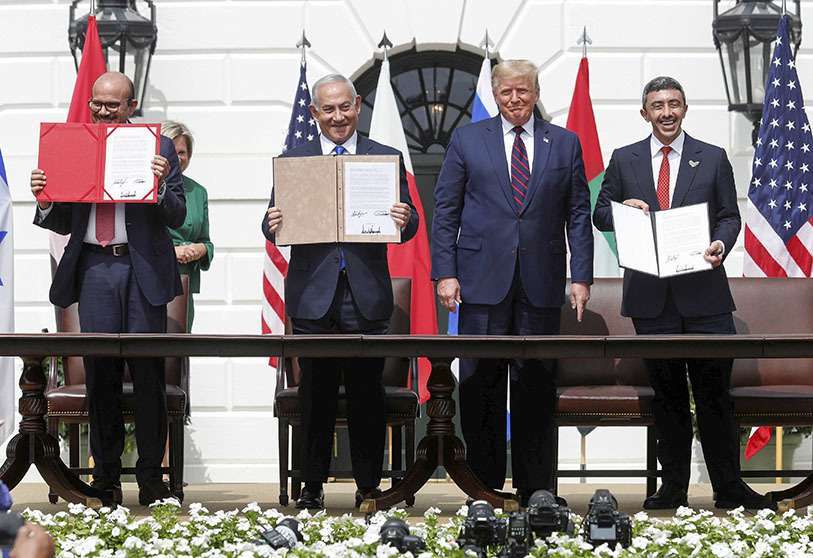Israel is committed to regional energy cooperation

Israeli Energy Minister Yuval Steinitz has said that connecting Israel's electricity grid with Egypt and the United Arab Emirates, in addition to regional cooperation, "gives us the guarantees that we will be able to increase energy security in the future".
Connecting Israel's power grid with other regional economies would boost energy security for the entire Middle East, according to Steinitz. The energy minister was appearing at the CERAWeek virtual meeting of global energy industry leaders, which was also attended by his counterparts from Egypt and the UAE.
"Just one example, if we are able to connect our electricity transmission systems between Egypt, Israel and the UAE - and perhaps through Jordan and Saudi Arabia - and also negotiate to connect to Europe through Cyprus and Greece, we would achieve better energy security than we have known in the past," he said.

"It is a new Middle East, especially in the energy field," the minister acknowledged. Steinitz pointed to Israel's agreements with Jordan and Egypt for the export of natural gas, and noted the pact with the Egyptian government: "The establishment of the Eastern Mediterranean Gas Forum in Cairo is a testimony to the new atmosphere".
The Israeli energy minister met with his Egyptian counterpart, Tarek El-Molla, in February. During the visit, the two leaders agreed to build a pipeline to connect Israel's Leviathan natural gas field with liquefied natural gas terminals in northern Egypt, which would facilitate exports to Europe.
Steinitz's remarks come in the context of the Eastern Mediterranean Gas Forum (EMGF). The EMGF was set up to develop a coordinated approach to the extraction of natural reserves off the coasts of Cyprus, Egypt and Israel. Its members aim to engage the private sector and financial institutions to improve the prospects for profitable exploitation of gas reserves.

Egypt, Cyprus, Greece, Israel, Israel, the Palestinian Authority, Jordan and Italy signed the organisation's founding charter in January 2020, and the UAE has since joined. Its creation came in response to tension in the eastern Mediterranean over Turkey's exploration for gas in waters it disputes with Cyprus and Greece, for which Ankara is excluded from negotiations.
However, Turkish foreign minister Mevlüt Çavuşoğlu stated that Turkey was ready to negotiate with Egypt on a maritime boundary agreement in the eastern Mediterranean: 'Depending on the trajectory of relations, we could negotiate maritime boundaries with Egypt and reach an agreement in the future'.
Turkish media have been pointing in this direction in recent weeks. There has been talk from Ankara of a possible deal with Cairo, but there is no evidence pointing in this direction. Egypt reached a trade agreement with Greece in August last year after condemning Turkey's 'provocative' actions in the Mediterranean, so any rapprochement with Turkey could strain energy pacts.

The first meeting for the composition of the EMFG was held in Cairo on 14 January 2019. A year later, in addition to representatives of the seven founding members, the forum's summit was attended by delegations from the European Union and the World Bank, as well as representatives of the French government and the United States.
The determining factor enabling the growth of the Eastern Mediterranean Gas Forum was, in fact, the Abraham Accords. Signed on 15 December 2020, the initialling of the negotiations facilitated Israel's cooperation with the Gulf countries, in particular with the Emirates, the only one to subsequently join the EMFG.
Much of the gas reserves in the Eastern Mediterranean require large financial investment, as they were discovered in deep water and are complex to explore. This factor is compounded by insufficient infrastructure, limited local markets and geopolitical tensions. A collaborative regional approach was therefore necessary to make the resources profitable.
The EMGF offers a platform for coordination and, moreover, an opportunity to establish a common front against Turkey's interests. The partnership is not only economic but also geopolitical. Forum members are directing their cooperation against Iranian aspirations, with Israel's own energy minister declaring at CERAWeek that 'any new nuclear deal between the West and Iran must be dramatically improved over the previous one'.
Steinitz, a figure close to Israeli Prime Minister Benjamin Netanyahu, used the event to address US President Joe Biden, urging him to put "enormous pressure on Iran" to change its behaviour and dismantle its nuclear programme. "All the countries of the Middle East agree that this is a devastating threat that must be prevented in advance".









